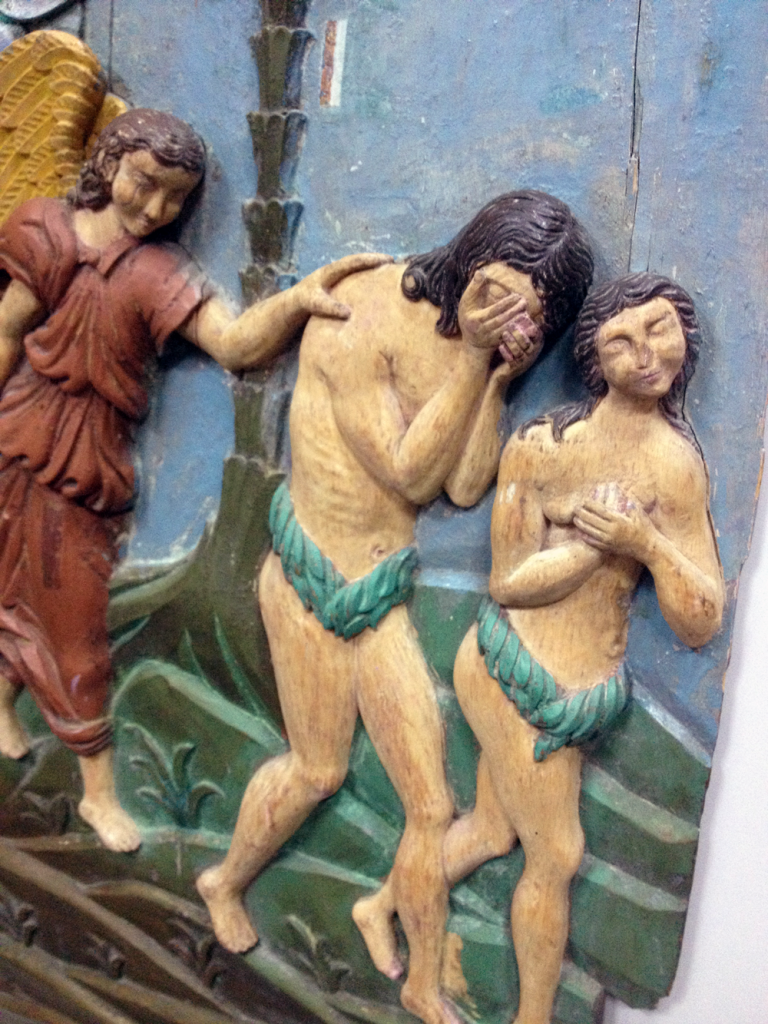Modern English word love, just like German Liebe, or Russian любовь originate from the common proto-Indo-European root “*leubh-”, which in its turn, linguists tell us, refers to the feelings of desire, praise, or joy.[1] We use these words to translate multiple concepts that characterize human relations with other humans, one’s self, God, or even material objects. To be less etymological, the concept of love employed in modern Western discourses developed out of the mixture of Ancient Greek, Hebrew, and Christian concepts of the said relationships.
***
Working notes: some ways we are characterizing love:
- assuming benevolent motives in others (everyone is trying to achieve some good)
- to be is to be beloved of the world
- self-annihilating/opening … “shattering”
- excess – “evental”
- rootedness in the world ~ (grace)
not (only) difference erasing love:
(not) possession
(not) identitarian
(not only) (reduced to) desire
[1]] Klein, Ernest, A Comprehensive Etymological Dictionary of the English Language, vol. 2 (Amsterdam; London; New York: Elsevier Publishing Company, 1967), 908; Fasmer M. Etimologicheskii solvar’ russkogo iazyka, t. 2 (Moscow: Progress, 1986), 544-545.
